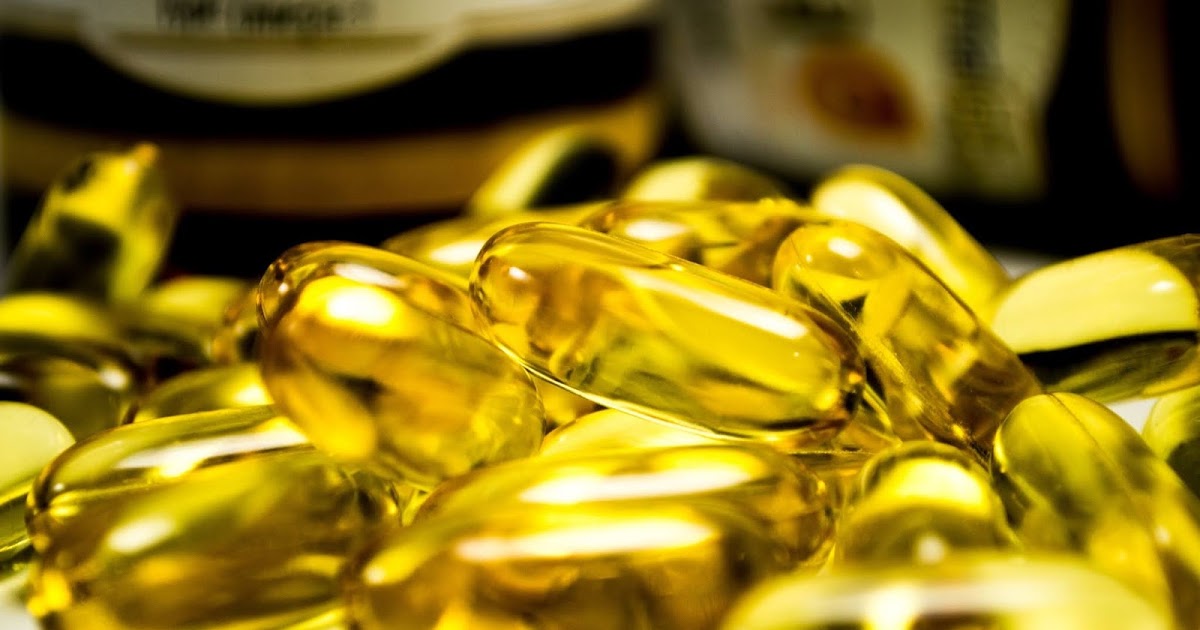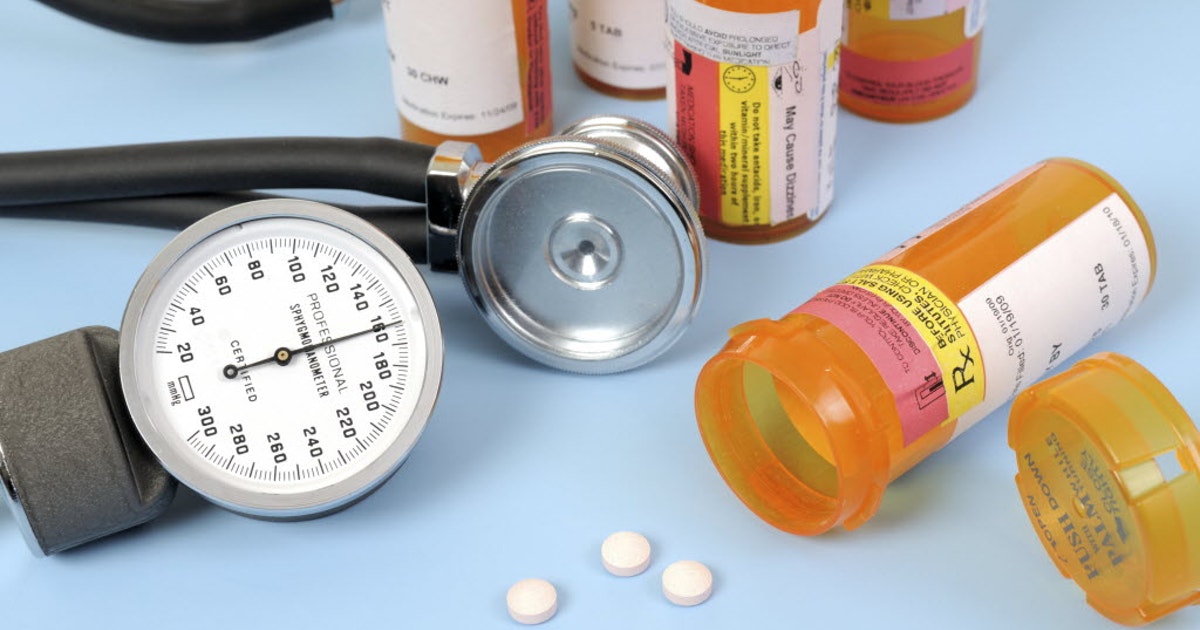What Increases The Risk Of A Vitamin K Deficiency?
High Doses Of Vitamin E Or A

Taking high doses of vitamin E or A increases the risk of a vitamin k deficiency. The recommended daily allowance of vitamin A is nine hundred IU for males and seven hundred IU for females, while the recommended daily allowance for vitamin E is fifteen milligrams per day. Consuming over the recommended daily intake for vitamin A or vitamin E can decrease vitamin K in the blood, resulting in a decreased capacity for blood to clot and an increase for the risk for severe bleeding. Individuals at risk for a vitamin K deficiency or experiencing vitamin K deficiency should avoid taking over the recommended daily intake of vitamin A or E to avoid adverse reactions.
Certain Anticoagulants

Certain anticoagulants also increase the risk of a vitamin K deficiency because of their impact on the clotting process. Anticoagulants, such as warfarin, can prevent the formation of blood clots, which is beneficial for individuals who require this assistance, but certain anticoagulants can also inhibit the activation of vitamin K and ultimately prevent any clotting in the blood. This can be very dangerous, especially in the cases of serious injury, as blood that is unable to clot can lead to hemorrhaging and can be fatal if not treated promptly. Individuals placed on anticoagulants should consider talking to their physician to make ensure their medication is not causing a life-threatening vitamin K deficiency.
